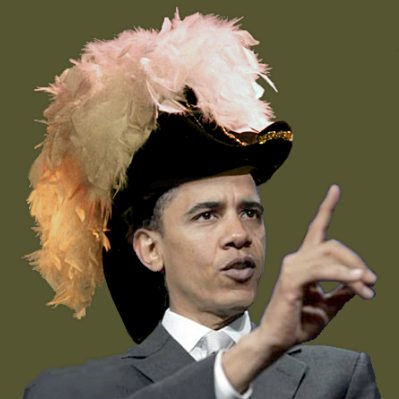The following essay by JLH was prompted by our recent discussion of Carly Fiorina’s paean to Islam from September 2001.
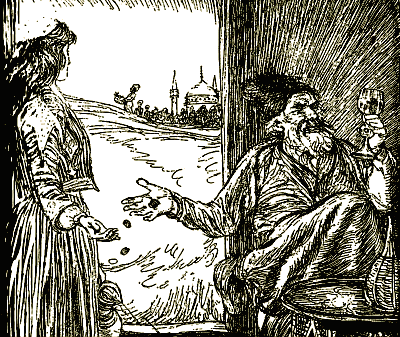
The Fascination of the East
by JLH
Since the Baron turned up Carly Fiorina’s glorification of Islam as the culmination of a long speech that had otherwise to do with world business and Hewlett-Packard, I have reflected on where such an attitude comes from in the Western world. I have examined my own history of fascination with Islamic civilization, encompassing historical novels such as one with a hero who survived the life of a janissary and returned triumphantly home. And even earlier, I was enthralled by the romantic and appealing figure of Scheherazade in Arabian Nights, enticing one more night of life from the sultan by spinning yet another fabulous tale. I was in awe of her cleverness, never considering at that young age that the real story might lie in the fact that the sultan could simply command her death because he wanted to. And the tales she told were easily as magical and entertaining as the many tales that grew up around the Knights of the Round Table.
So I began to think about the fascination with the lands and cultures of Islam that has existed for a very long time in the West. How long, at least as far as I knew, it had been with us. And I thought back to one of my favorite 18th century skeptics — Gotthold Ephraim Lessing, who joined and then de-bunked the Masons. His friendship with the Jewish philosopher Moses Mendelssohn was no doubt a factor in his famous public feud with one of the Protestant Christian bigots of his time. He later wrote a play famous for its suggestion that the three great religions — Christianity, Judaism and Islam — could peacefully co-exist, as had a previous play by Voltaire. Great emphasis was put upon the chivalric relationship between Richard Lion-Heart and Saladin.
Lessing also spent time studying the great Persian civilization, and seemed to believe that the figure of “angels” was originally a Persian concept, absorbed by Judaism. His fascination with Persia was followed later by the man considered to be the greatest of all German writers — plays, novels, short stories, trend-setting epic and lyric poetry, nature studies — also a statesman, and ennobled by the Duke of Weimar so that he could circulate socially in the court. Johann Wolfgang von Goethe wrote the West-östlicher Divan cycle of poems celebrating the East and the great Persian poet, Hafiz.
Germany and France were not alone in their fascination with the “East.” In 1859, Edward FitzGerald produced the sensationally successful Rubaiyat of Omar Khayyam.
James Henry Leigh Hunt, a British 19th century writer-editor-poet — unsuccessful almost his entire life — wrote two poems that lived long after him. I include the first — which is not on the subject at hand — because it demonstrates the emotional appeal he could generate.
Jenny kiss’d me when we met,
Jumping from the chair she sat in;
Time, you thief, who love to get
Sweets into your list, put that in!
Say I’m weary, say I’m sad,
Say that health and wealth have missed me,
Say I’m growing old, but add
Jenny kiss’d me.
Now you are ready for the second poem that was read and remembered by many, and served as an example of the perception of Islam:
Abou Ben Adhem (may his tribe increase!)
Awoke one night from a deep dream of peace,
And saw, within the moonlight in his room,
Making it rich, and like a lily in bloom,
An angel writing in a book of gold:—
Exceeding peace had made Ben Adhem bold,
And to the Presence in the room he said
“What writest thou?”—The vision raised its head,
And with a look made of all sweet accord,
Answered “The names of those who love the Lord.”
“And is mine one?” said Abou. “Nay, not so,”
Replied the angel. Abou spoke more low,
But cheerly still, and said “I pray thee, then,
Write me as one that loves his fellow men.”The angel wrote, and vanished. The next night
It came again with a great wakening light,
And showed the names whom love of God had blessed,
And lo! Ben Adhem’s name led all the rest.
Now, keeping in mind the nonsense we have heard from so many public figures, such as President Bush with “Islam is a religion of peace” (and keeping in mind the nonsense some of us — including me — have given voice to until and even after 9/11, because we really didn’t want to know), allow me to do the academic thing and repeat the poem with explanatory insertions:

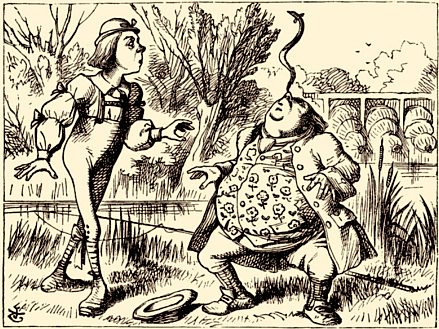




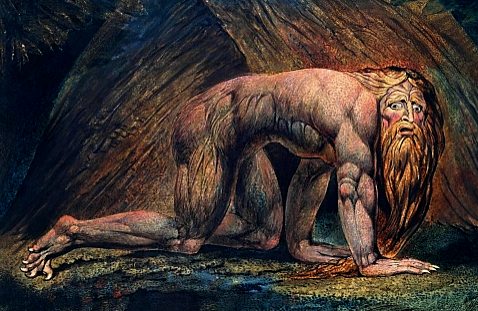
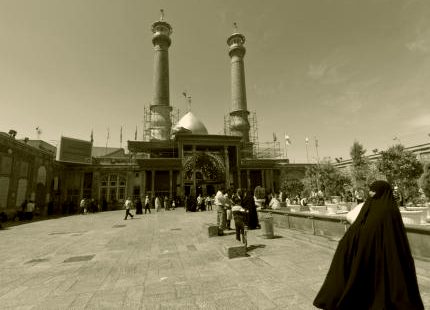

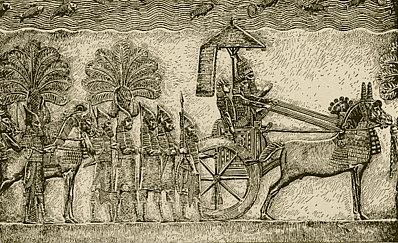
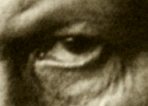 The above title is a reference to the fact that I just returned from my latest appointment with the retinal specialist (for a full explanation of the allusion, see the bottom portion of this post).
The above title is a reference to the fact that I just returned from my latest appointment with the retinal specialist (for a full explanation of the allusion, see the bottom portion of this post).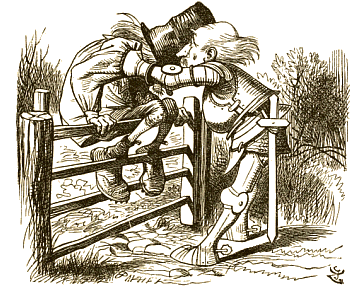
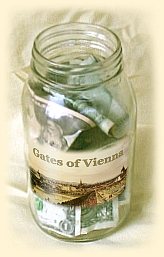 So I’ll just let it go. Readers who have been around long enough already know what I do, and what Dymphna does, and why we are asking for donations to help us keep going. To those of you who just got here: Stick around! You’ll soon find out.
So I’ll just let it go. Readers who have been around long enough already know what I do, and what Dymphna does, and why we are asking for donations to help us keep going. To those of you who just got here: Stick around! You’ll soon find out.